
Ethical Reasoning
Quality of life can be understood as the values, perspectives, satisfaction, living conditions, accomplishments, functionality, cultural contexts and spirituality. 2 In healthcare, ethical issues comprise the multiple dimensions of life, involve doing what is correct in terms of respect, dignity, principles and moral values. 3 When they deliver ethical healthcare, the professionals can grant.
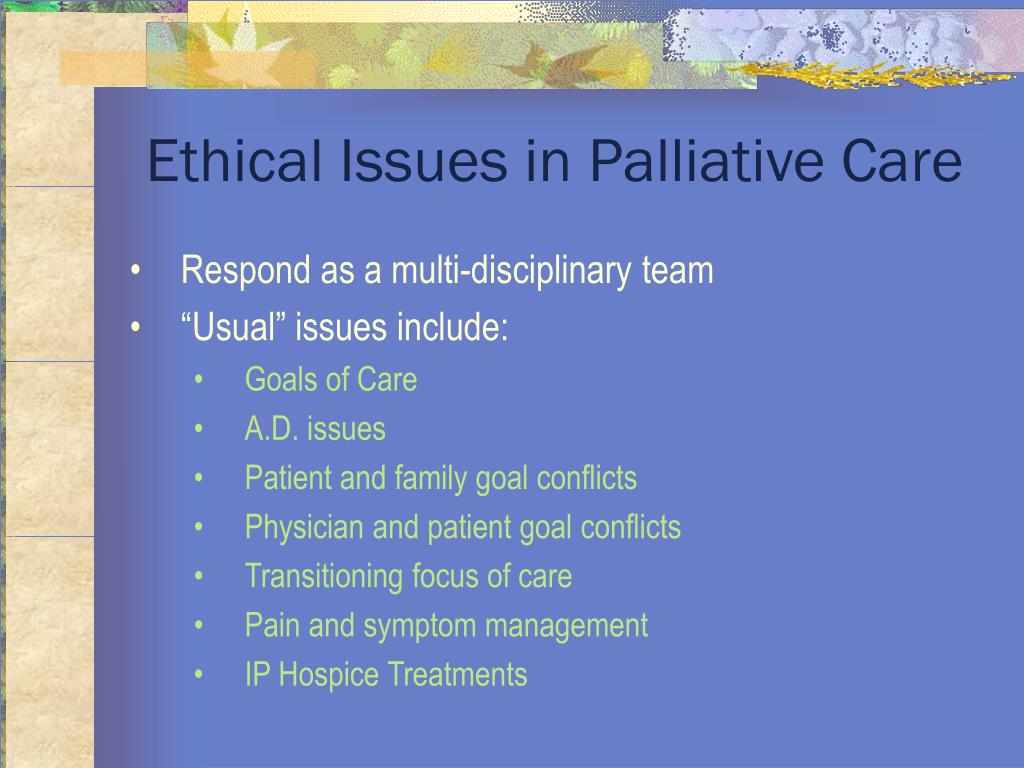
PPT Ethical Issues in Palliative Care Nursing PowerPoint Presentation ID2936737
Background:: In health, ethics is an essential aspect of practice and care and guarantees a better quality of life for patients and their caregivers. Objective:: To outline a conceptual analysis of quality of life and ethics, identifying attributes, contexts and magnitudes for health. Method:: A qualitative design about quality of life and ethics in health, considering the evolutionary.
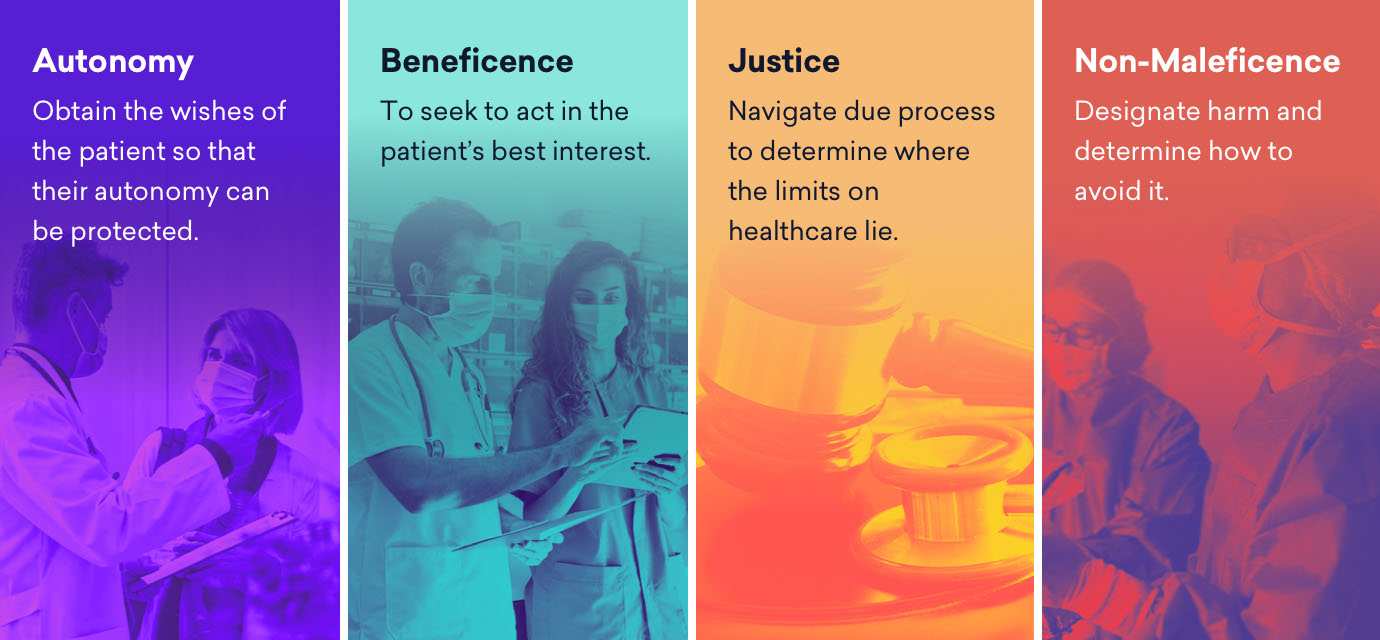
Ethical Issues in Healthcare & Medical Challenges Sermo
There is much common ground based on the application of the four major principles of medical ethics: nonmaleficence, beneficence, autonomy, and justice. The goal of end-of-life care for elderly people is to improve their quality of life, helping them cope with illness, disability, death, and an honorable death process.

Ethics Wallpapers Wallpaper Cave
Abstract - Quality of Life (QoL) is one of the most controversial construct in bioethics. In general QoL is con-. sidered as freedom from emotional and physical discomfort. This view is.
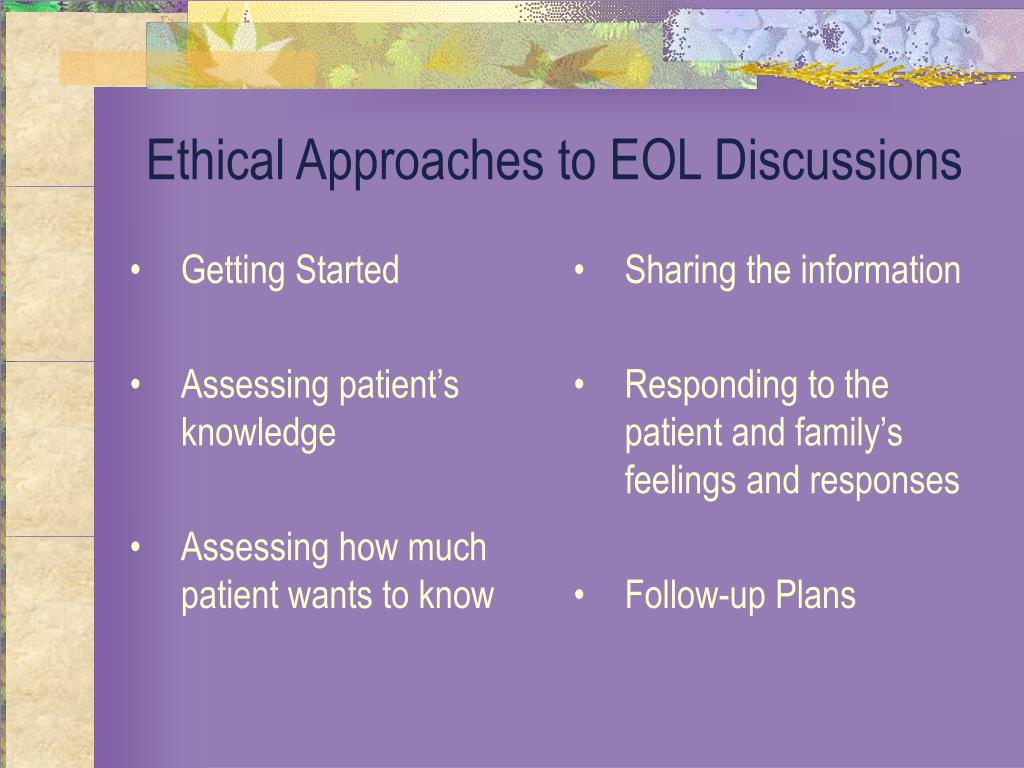
PPT Ethical Issues at the End of Life PowerPoint Presentation, free download ID6737588
A qualitative design about quality of life and ethics in health, considering the evolutionary approach in order to analyse the concept. To collect the data, a search was done using the keywords ethic*, quality of life and health. After, in total, 152 studies were found, finalizing seven relevant studies for the proposed concept analysis.
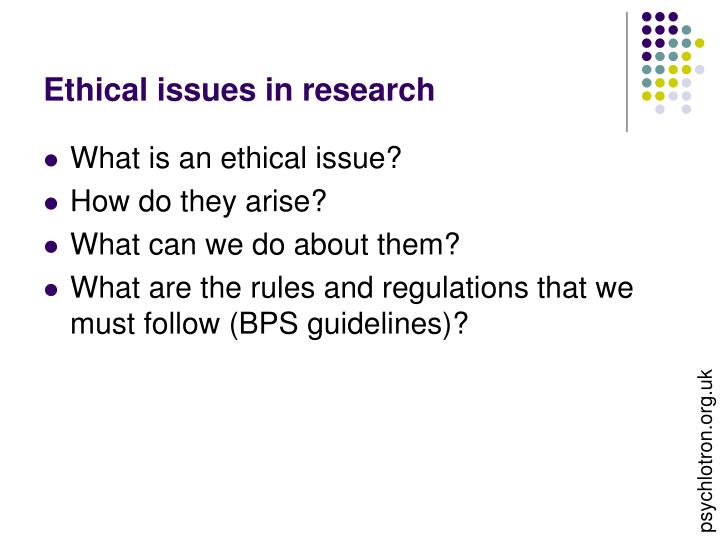
PPT Ethical issues in research PowerPoint Presentation, free download ID243744
Quality of life (QoL) is a concept which aims to capture the well-being, whether of a population or individual, regarding both positive and negative elements within the entirety of their existence at a specific point in time. For example, common facets of QoL include personal health (physical, mental, and spiritual), relationships, education status, work environment, social status, wealth, a.

Ethical Issues Examples SELFFA
Navigating social and professional life in a new culture, with a new language, and with possibly different ethical standards can be challenging and stressful. Uncertainty may inadvertently lead to the misinterpretation of norms and other social and professional cues integral to making professional and ethical decisions ( Palazzo et al. 2012 ).
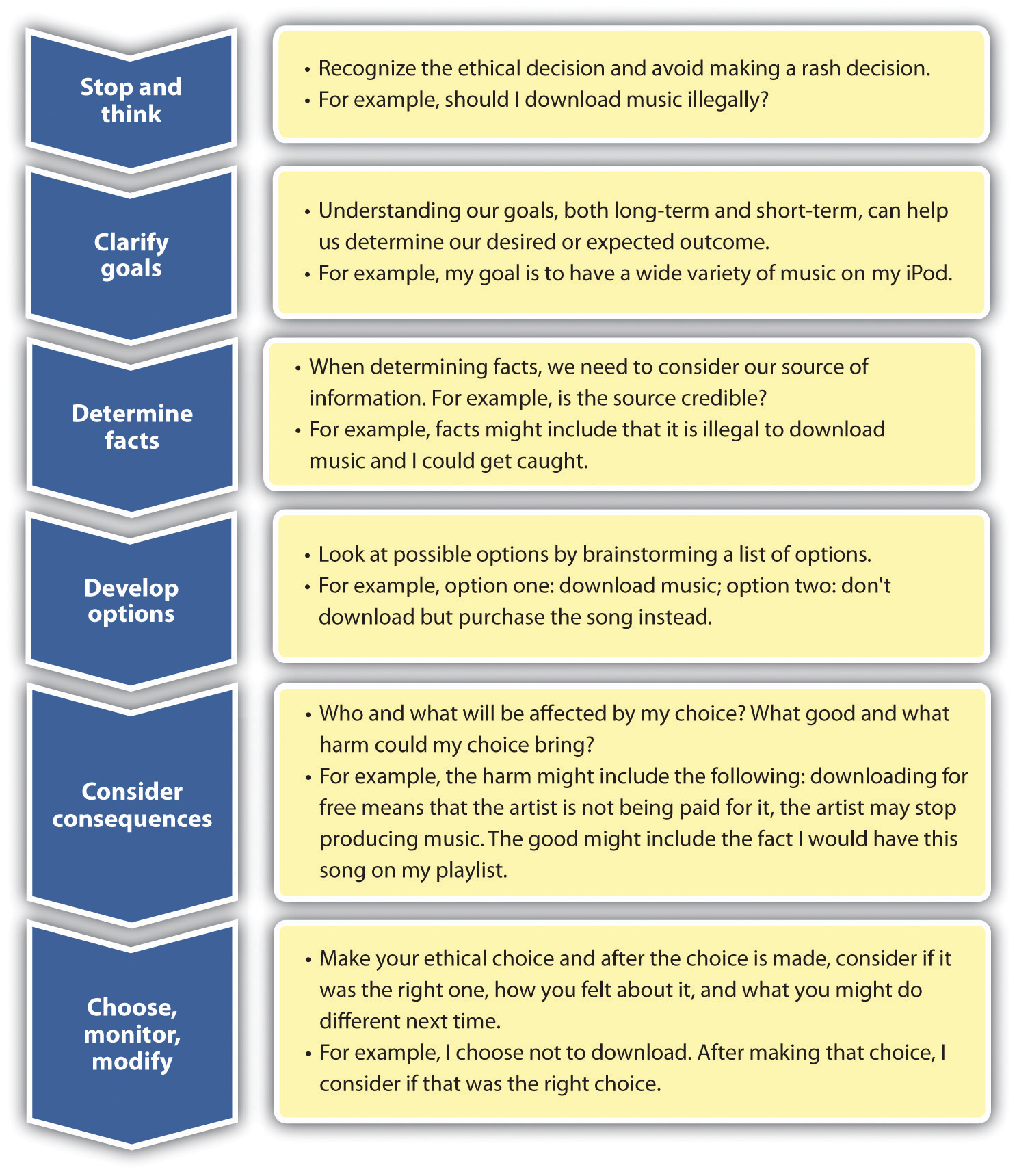
Making Ethical Decisions
However, pain is not the only determinant of an intolerable existence and the problems become more complex when existential quality of life issues are the focus. This can lead to difficult decision making for the health workers involved in care. The paper uses a case study approach to examine the ethical and legal issues surrounding euthanasia.

AQA A’Level Moral, social & ethical issues part 4 YouTube
The concept of measuring a patient's quality of life (QoL) has obvious attractions to clinicians. It seems to be an objective, scientific, and quantitative tool to assist in deciding complex clinical and ethical dilemmas in daily practice. Its use has been promoted in many areas of medicine—from prenatal screening to do-not-resuscitate (DNR) decisions at the end of life.

Living an ethical life Royal Society of Edinburgh
Studies have shown that palliative care results in improved quality of life with less acute health care use and in moderately lower symptom burden compared to routine care. 58 A meta. Sarmento A, Capeles ML. Nutrition and hydration in the end-of-life care: ethical issues. Acta Portuguesa De Nutrição 2018; 15: 36-40. Crossref. Google.
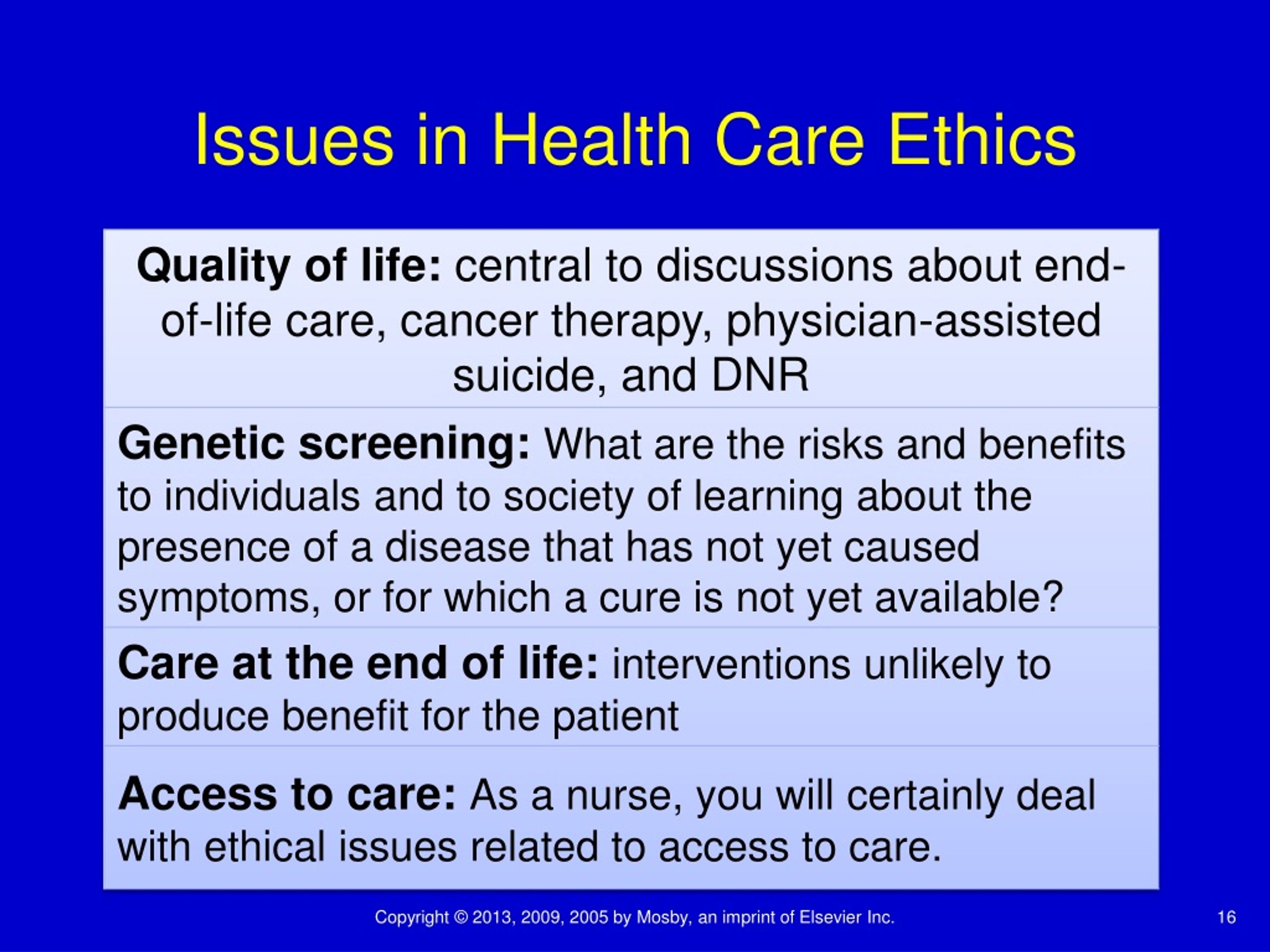
PPT Chapter 22 PowerPoint Presentation, free download ID341822
One way in which quality of life is sometimes introduced to decision making is through the concept of "a life not worth living.". The seemingly logical conclusion is that lives not worth living may not be worth creating or saving. This final paper in the series debates the problems—both the practical difficulties of measurement and.
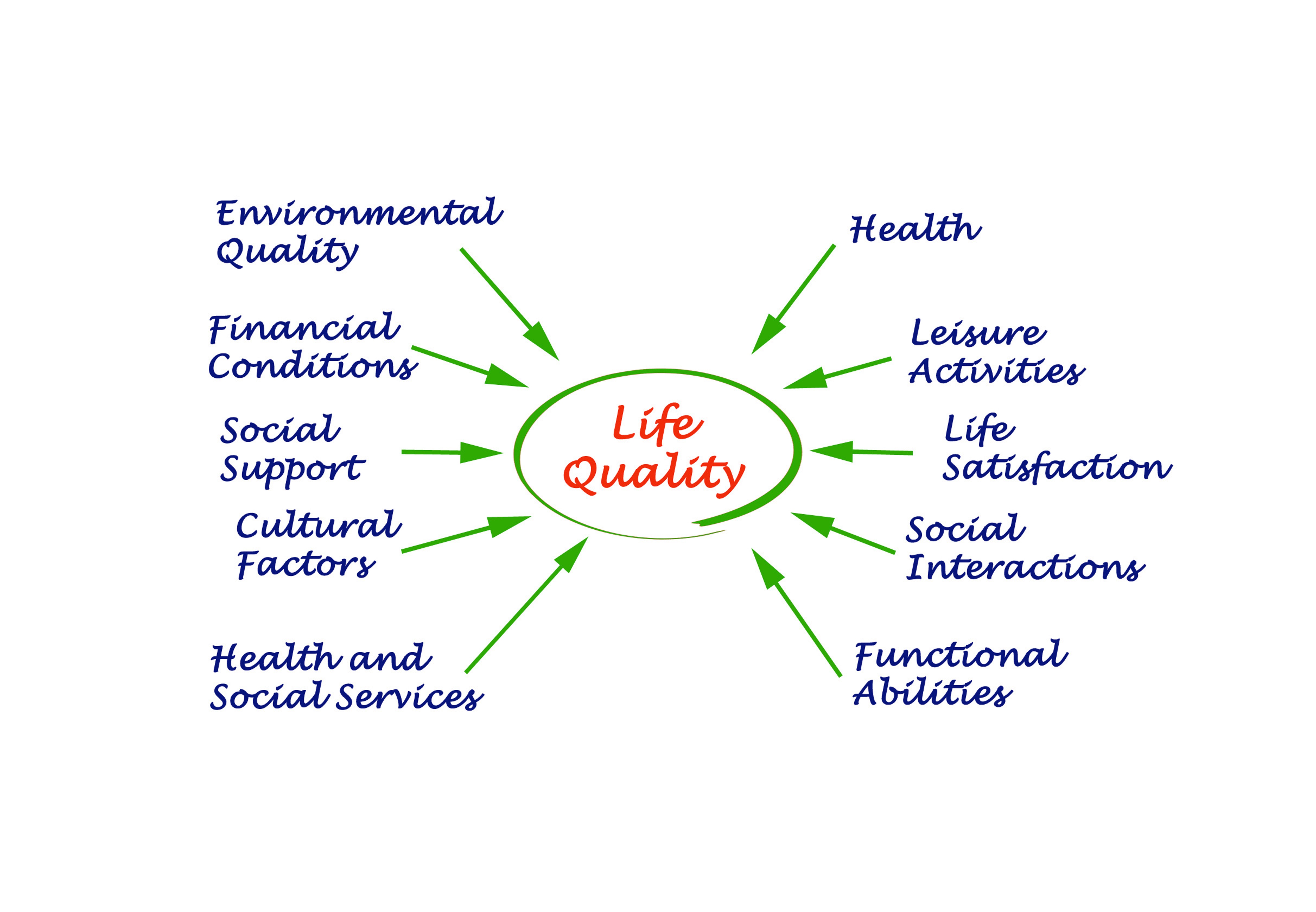
Quality of life NeuRA Library
Ethics involves theories, perspectives, principles, concepts of fundamental issues regarding values and meanings of human life.1 Quality of life can be understood as the values, perspectives, satisfaction, living conditions, accomplish-ments, functionality, cultural contexts and spirituality.2 In healthcare, ethical issues comprise the multiple.

TOP 6 ETHICS OF LIFE YouTube
Quality of life is the third topic that must be reviewed in order to understand any problem in clinical ethics. Although the idea of quality of life is difficult to define, it is often raised in complex cases and must be addressed. This chapter explains the concept of quality of life, analyzes its implications for clinical decisions, and.
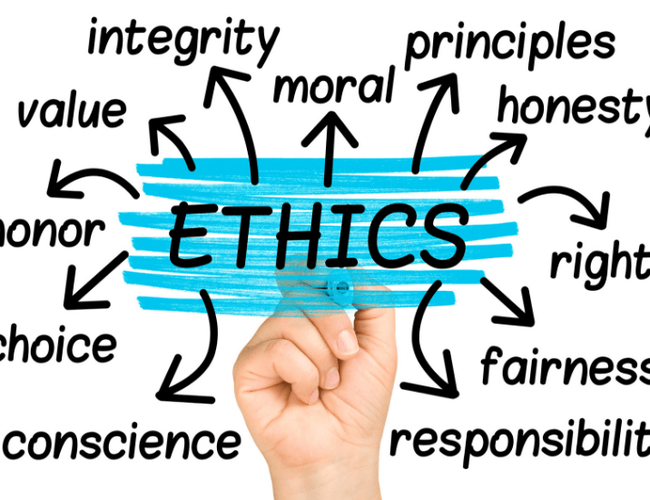
Declining Ethical Values New Spotlight Magazine
In clinical decision making, quality of life serves not only as an ethical guide but also as a valid and reliable empirical measure of health status that supplements traditional objective measures. The clinical pearl exemplifies the role that quality-of-life scores play in both clinical research and especially in the individual patient.
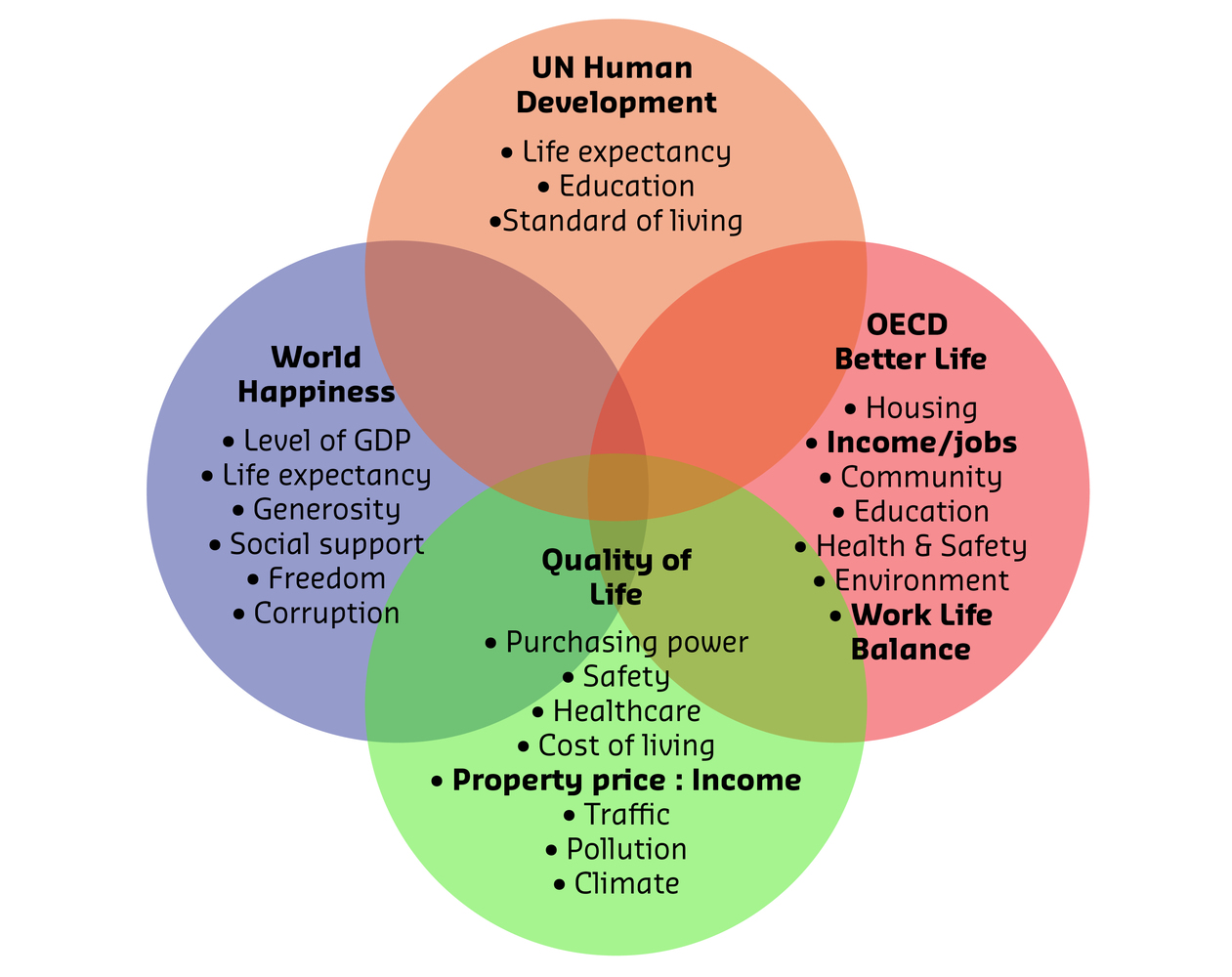
Quality of Life hard reset needed?
persons The quality of life judgments made in medicine and health care also help some. to fill in the content, especially of one central ideal of the person, of a theory of a good. life A major issue concerning ethical judgments generally, and judgments.

Five Steps Toward a More Ethical Life Same Same Ethics, Compassion fatigue, Life
Quality of life is one of the most important but controversial issues in clinical ethics. The contemporary development of the concept and its use as a normative criterion in clinical decision making date from the period after World War II, when advances in medical technology increased tremendously. Along with other ethical criteria—for.
- And There S A Light On Heavy Glow
- Hydrogen Fuel Stations Map Australia
- Emmanuelle Vaugier Movies And Tv Shows
- Boyne Island Environmental Education Centre
- Train To Gladstone From Brisbane
- It S Just A Dream Right
- When Is The Royal Hobart Show
- Fraser Island Things To Do
- Chocolate Ice Cream Dreamlight Valley
- Red Island Olive Oil Review